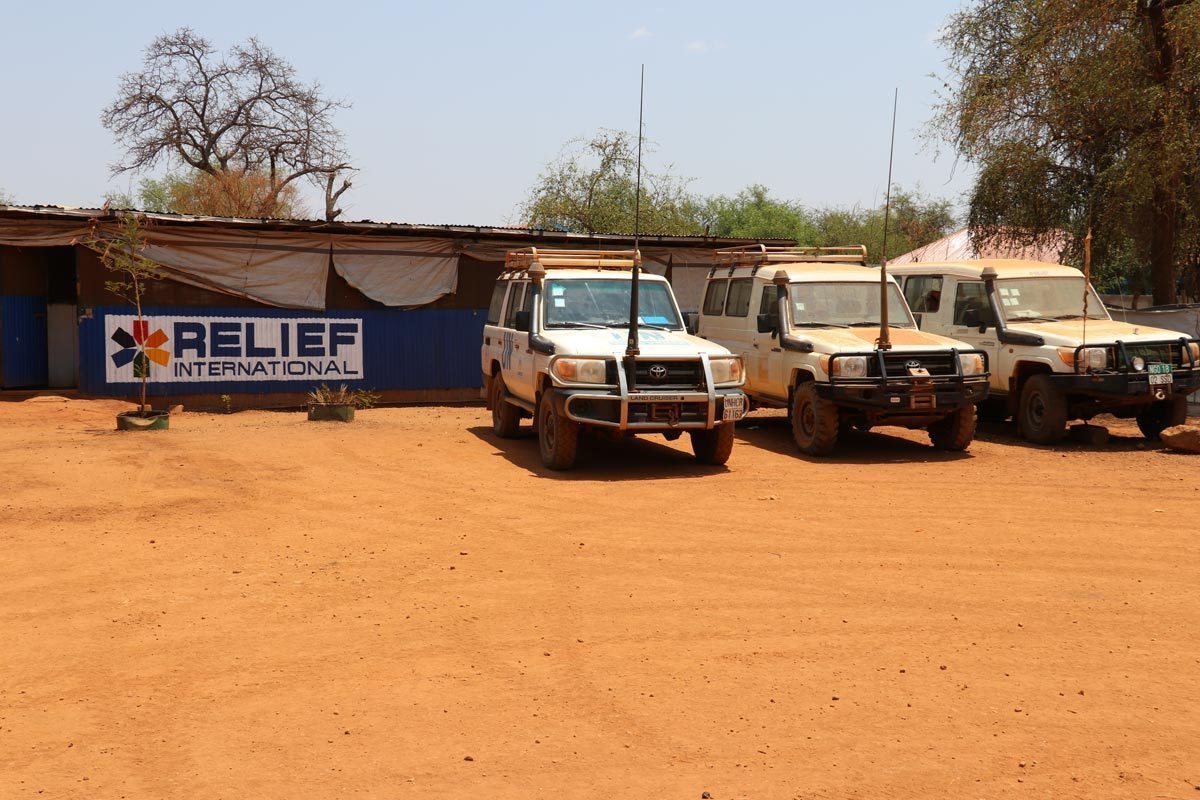Describing the deteriorating situation in Lebanon, Giacomo Lapo Baldini, Lebanon Country Director at Relief International says:
“The scale of displacement and collective trauma is increasing dramatically. Almost 350,000 people have now been displaced and more than 1,000 killed. Over 3,000 have been injured. Communities continue to flee however with several attacks continuing across the country including Beirut, the number of safe locations is reducing.
“There are now 150,000 people living in 850 collective shelters across the country. New evacuation orders are being circulated continuously and people are being displaced multiple times, at times with no belongings. The shelters are overcrowded. Communities are greatly distressed. The need for basic supplies like mattresses, clean water, food, medicines and hygiene supplies is huge.
“Relief International is working closely with the Ministry of Public Health and the rest of the humanitarian community to coordinate and respond to this crisis, but more support is critical. Lebanese institutions are already very weak, and the humanitarian crisis is worsening with every day that passes.
“Local Relief International staff are providing healthcare through outreach services in collective shelters as well as medical and hygiene kits to displaced communities in Tripoli, Beirut and Bekaa. We are also conducting assessments in Arsal, one of the most remote and vulnerable areas in Lebanon with high numbers of Syrian refugees, and growing numbers of displaced people.
“We are hoping to provide mental health support as soon as possible. The levels of psychological stress are huge and there are simply not enough skilled professionals in Lebanon to provide the amount of support needed.
“Whilst we are managing to provide supplies and support, the challenges and obstacles are numerous. More funding is desperately required to support primary health care centres, to restock medical supplies, and to support newly displaced communities. We call for an immediate de-escalation, cessation of hostilities and the protection of civilians. Safe humanitarian access to those still in affected areas and collective shelters is vital.”
<< Ends >>

